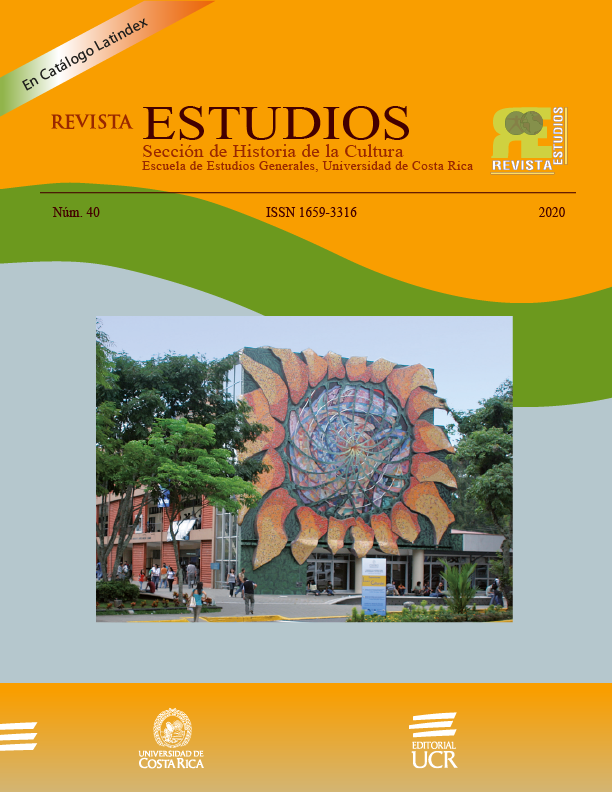Resumen
Este artículo analiza un fragmento de un romance atribuido a Mateo Rosas de Oquendo que data del siglo XVI. El análisis se enfoca en el relato de viajes concebido como una acción elemental, que atraviesa la gran mayoría de los textos producidos o escritos desde el siglo XV al XVII, cuyo referente es el desplazamiento entre España y la América española. La semántica textual deslinda el fragmento de las valoraciones de verosimilitud a las que podría ser sometido, para ello se emplea la semiosis de lo relatado, sin establecer la relación entre lo que pueda ser factual y lo que pueda ser ficción. En el peregrinar del yo lírico se aglutinan acciones como dimensionar los espacios y enfrentarse a retos personales ante lo desconocido. En un mundo descrito como un continente de exageraciones, Rosas de Oquendo, emprende un viaje de desplazamiento geográfico que lo lleva a descubrir y a descubrir(se).


